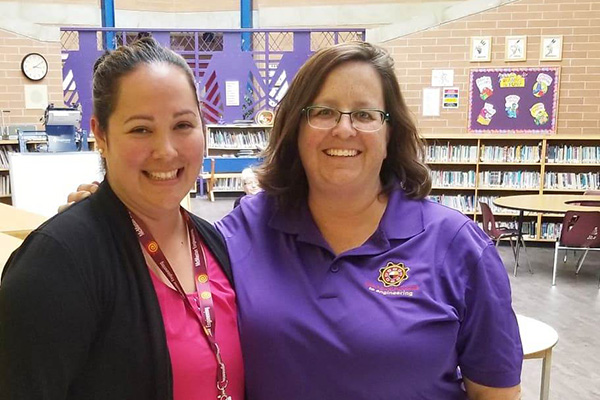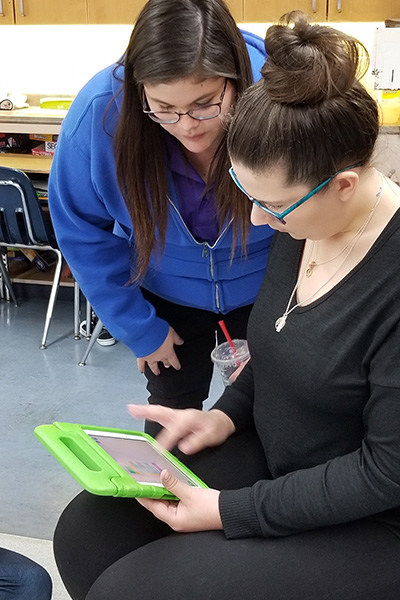NSERC funding supports Indigenous educational outreach
May 2, 2019
Share

An award-winning Science, Technology, Engineering, and Math (STEM) educational outreach program at Queen’s has received $450,000 from the Natural Sciences and Engineering Research Council of Canada (NSERC) PromoScience program to continue its work with Indigenous youth and their teachers.
Created as an effort to increase the number of qualified Indigenous engineers in Canada, Aboriginal Access to Engineering (AAE), based in the Faculty of Engineering and Applied Science, has seen tremendous growth in terms of its educational outreach capacity and as a student success initiative. When the initiative launched in 2011, only four students pursuing Queen’s engineering degree programs self-identified as Indigenous. Seven years later, the 2018-19 academic year saw 48 Indigenous students enrolled in both undergraduate and graduate degree programs.

“AAE was founded to promote and develop contributions by Indigenous Peoples to the engineering profession and to cultivate the input of professional engineers with Indigenous communities who are facing serious infrastructure and development issues,” says Kevin Deluzio, Dean, Faculty of Engineering and Applied Science. “The work developing the on-campus student success program, and the educational outreach program, has seen Queen’s contribute significantly to the mandate established at the outset – to increase the number of qualified Indigenous engineers in Canada.”
For the past three years, AAE has built strong relationships with partner First Nations schools in the communities of Ahkwesahsne, Kahnawake, Kanehsatake, Kehnteke (Tyendinaga), and Ohsweken (Six Nations). All full-time team members with the educational outreach program are qualified Indigenous teachers, and deliver STEM-enriched lessons to students attending partner schools.
Through the NSERC PromoScience program, partner school leaders and administrators identified the need for more direct professional development opportunities for their teaching staff, and worked with Melanie Howard, Director of Aboriginal Access to Engineering, to outline how best to address this need.
“It is very heartening to know that NSERC believes in what we are doing, and sees that we continue to evolve our educational STEM outreach model to respond to community-identified priorities,” Howard says. “This latest round of support will bolster our teaching team and provide meaningful and ongoing professional development to teachers of Indigenous youth, with AAE staff working in a coaching role to improve teaching and learning in STEM for First Nation schools.”
NSERC's PromoScience program offers financial support for organizations working with young Canadians to promote an understanding of science and engineering (including mathematics and technology).
“Aboriginal Access to Engineering contributes significantly to the relationships Queen’s University has with neighbouring First Nation communities,” says Kanonhsyonne (Janice Hill), Associate Vice-Principal Indigenous Initiatives. “I applaud the decision by NSERC to support AAE in continuing their important community-based educational outreach work.”
For more information on the PromoScience program, visit the NSERC website.